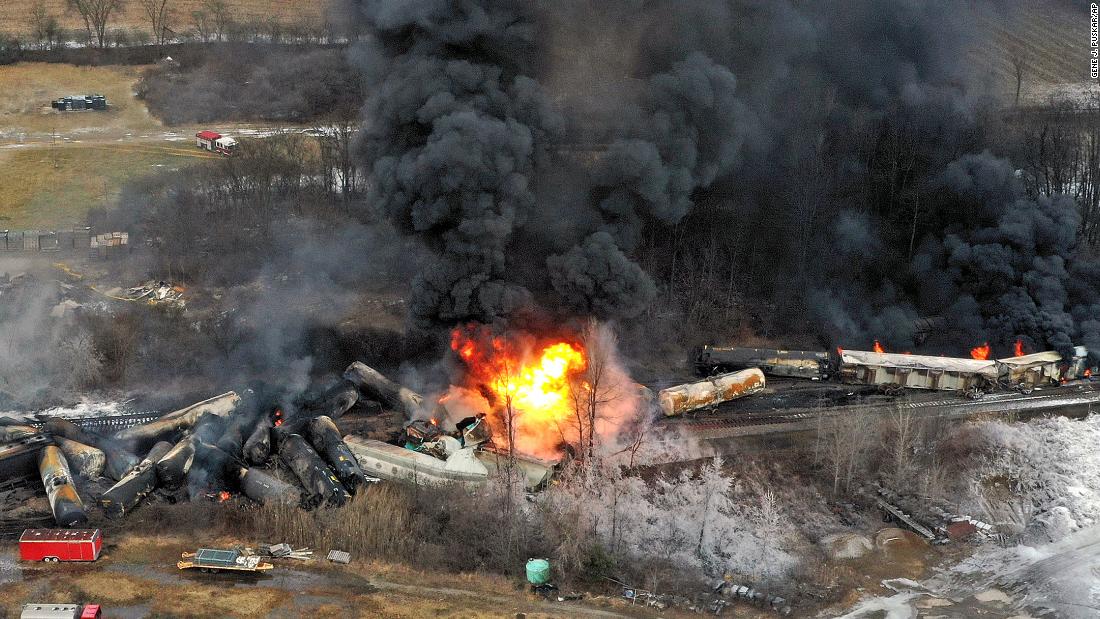
It’s a case of life imitating art imitating life. The announcement that Union Pacific is seeking to acquire Norfolk Southern to create the first coast-to-coast rail network sounds very much like the deal that the character George Russell is depicted as seeking to accomplish in the HBO television series The Gilded Age. Russell is said to be based on the real-life 19th Century robber baron Jay Gould, who controlled UP in the 1880s before moving on to manipulate numerous other rail lines.
The $71 billion deal being pursued by UP is a throwback to the bad old days of unrestrained corporate concentration. It would reduce the number of Class 1 carriers from six to five and give a single operator control of some 50,000 miles of track across 43 states. It will certainly create upward pressure on freight prices.
It would also bring together two companies with checkered records. Norfolk Southern is notorious for the 2023 derailment in Ohio that spilled a large quantity of toxic chemicals in the town of East Palestine. Many of the 150 railcars—which included tankers filled with hazardous materials such as vinyl chloride—caught fire and were allowed to burn for days.
Jennifer Homendy, chair of the National Transportation Safety Board, would later allege that NS “delayed or failed to provide critical investigative information to our team,” forcing her to have to threaten to issue subpoenas to compel disclosure. She described the company’s actions as “unconscionable” and “reprehensible.”
NS ended up paying $310 million to resolve a case brought against it by the U.S. Justice Department and the Environmental Protection Agency, while also settling a class action lawsuit brought by community residents for $600 million.
Over the years, the company has also paid millions of dollars in fines to the Federal Railroad Administration (FRA) for safety violations and $2.5 million to the Equal Employment Opportunity Commission to settle allegations it engaged in systemic disability discrimination. In 2020 NS was ordered to pay $85,000 and reinstate an employee who was fired for reporting an on-the-job injury.
UP has also paid out millions for safety infractions and has been fined five times for retaliating against whistleblowers. Its environmental record includes a $31 million penalty imposed by the EPA for water pollution and a $2.3 million settlement with four California counties concerning the mishandling of hazardous wastes.
There is no reason to believe that the company emerging out of this merger would be any more compliant with workplace, environmental, and other types of regulations. On the contrary, its size would enable it exercise even greater sway over an agency such as the FRA.
Regulatory weakness is also likely to be exhibited by the Surface Transportation Board, the federal agency with oversight over the proposed merger. It is being run by Patrick Fuchs, a former Senate staffer who worked for Republican Senator John Thune. Fuchs is reported to be open to further consolidation of the industry. We are thus likely to see a repeat of 2023, when the Board green-lighted Canadian Pacific’s purchase of Kansas City Southern.
This could pave the way for the other rail behemoth, Warren Buffett’s BNSF, to make a move on CSX. Soon, nearly all of U.S. freight traffic could be under the control of two or three mega-carriers. Jay Gould would be impressed.


You must be logged in to post a comment.